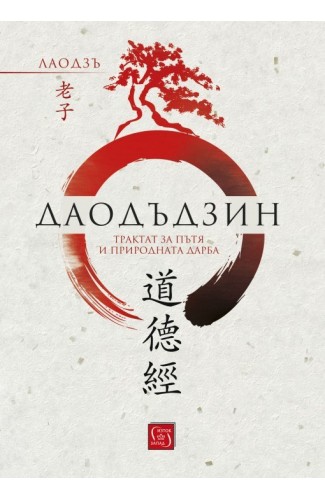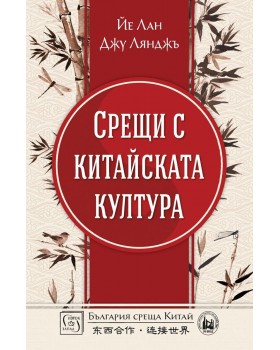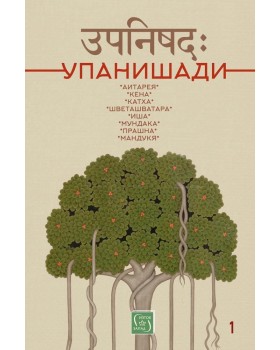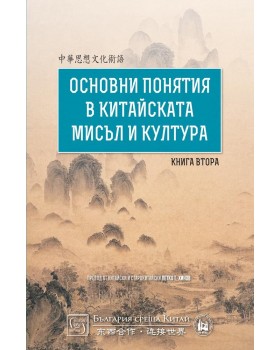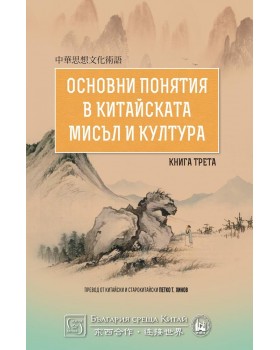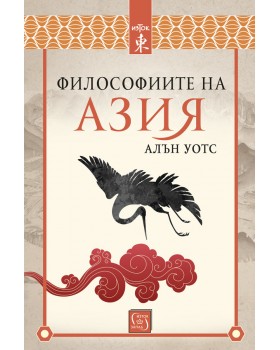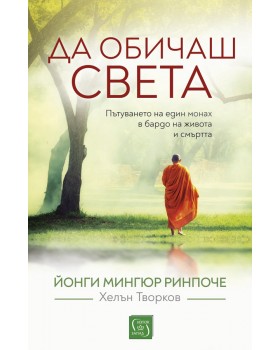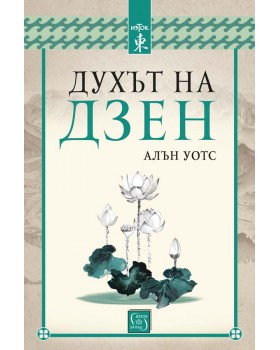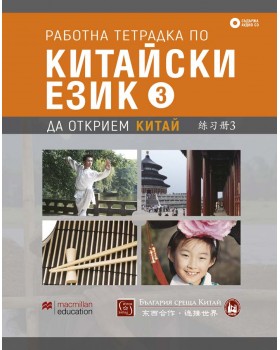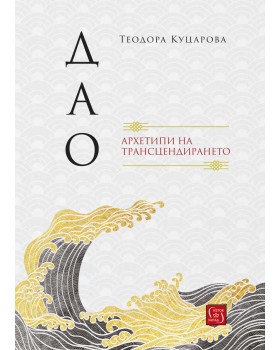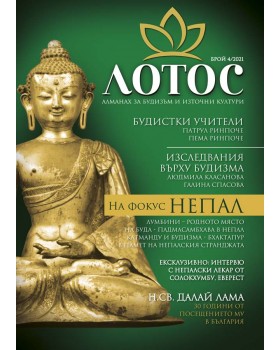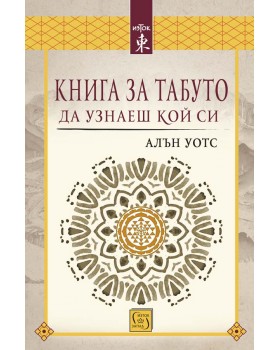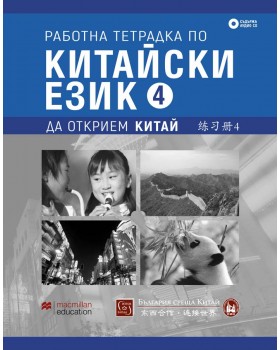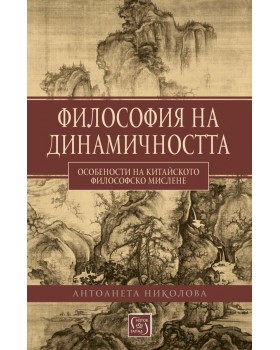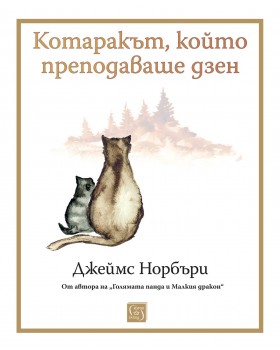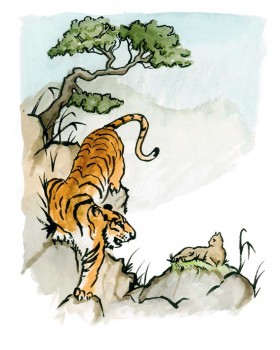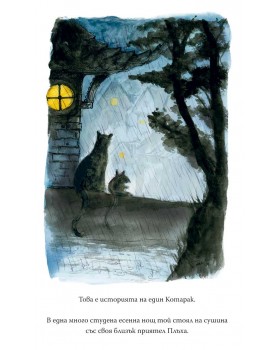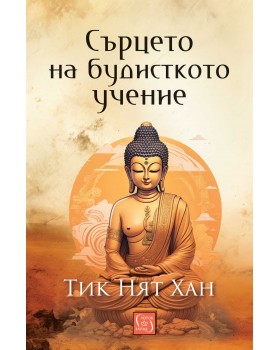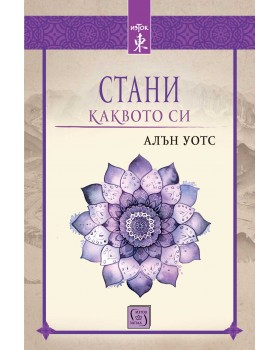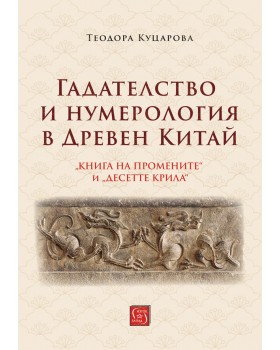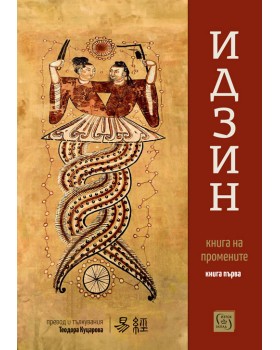Daodejing
-
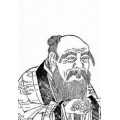
- Author: Laozi
- Year: 18-03-2019
- Availability: In Stock
- Product Code: 2282-01
- SKU: 05.0129
- ISBN: 978-619-01-0405-6
- Read an excerpt:
 |
Delivery To BOX NOW machine - 1,66 € / 3,24 BGN At an office of Econt - 2,05 € / 4,00 BGN At personal address of Econt - 3,07 € / 6,00 BGN |
 |
Order by phone Call us at 0888 465 635 to order by phone |
Daodejing,Wade-Giles romanization Tao-te Ching, classic of Chinese philosophical literature. The name was first used during the Han dynasty (206BC–AD 220); it had previously been called Laozi in the belief that it was written by Laozi, identified by the historian Sima Qian as a 6th-century-BC curator of the imperial Chinese archives. Laozi, however, is better known as the reputed founder of Daoism, a way of life (the Chinese word daomeans “way”) that, among many competing “Ways,” alone became known as the Dao school, or Daoism. The long tradition that Laozi was the author of the Daodejing was so badly shaken in the 19th century that some scholars even questioned the historical existence of the sage. The classic itself, moreover, contains no references to other writings, persons, events, or places that might provide a clue for dating the composition. Scholarly opinions consequently range between the 8th and the 3rd century BC.
The Daodejing presented a way of life intended to restore harmony and tranquillity to a kingdom racked by widespread disorders. It was critical of the unbridled wantonness of self-seeking rulers and was disdainful of social activism based on the type of abstract moralism and mechanical propriety characteristic of Confucian ethics. The Dao of the Daodejing has received a wide variety of interpretations because of its elusiveness and mystical overtones, and it has been a basic concept in both philosophy and religion. In essence, it consists of “nonaction” (wuwei), understood as no unnatural action rather than complete passivity. It implies spontaneity, noninterference, letting things take their natural course: “Do nothing and everything is done.” Chaos ceases, quarrels end, and self-righteous feuding disappears because the Dao is allowed to flow unchallenged and unchallenging. Everything that is comes from the inexhaustible, effortless, invisible, and inaudible Way, which existed before heaven and earth. By instilling in the populace the principle of Dao, the ruler precludes all cause for complaint and presides over a kingdom of great tranquillity.
The popularity of the Daodejing is reflected in the vast number of commentaries that have been written: over 350 have been preserved in Chinese and about 250 in Japanese. Since 1900 more than 40 translations have appeared in English.
About the Author
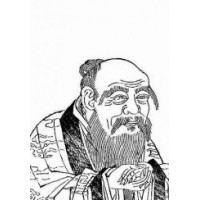
Laozi
Related Products
Tags: Dao, China, Buddhism, Eastern Wisdom & Philosophy, Culturology, Linguistics, Eastern Philosophy, Bilingual & Multilingual
| Specification | |
| Year | 18-03-2019 |
| Translation | from Old Chinese: Teodora Kutzarova |
| Pages | 464 |
| Size | 168/240 мм |
| Weight | 0.54 kg |
| Cover Type | Hardcover |
| Genre | Dao, China, Buddhism, Eastern Wisdom & Philosophy, Culturology, Linguistics, Eastern Philosophy, Bilingual & Multilingual |

